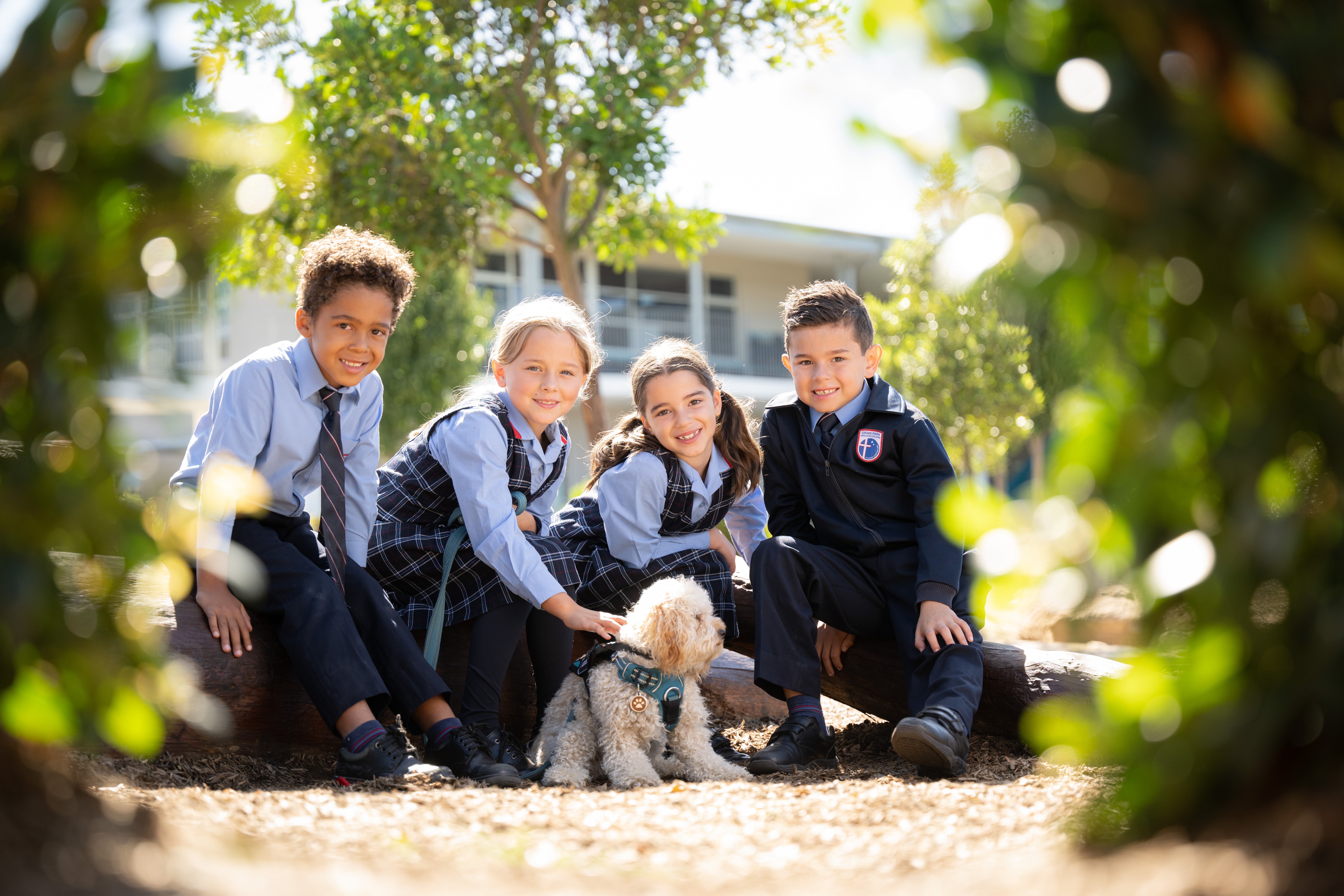A positive culture in Junior School
In any school, there will always be misunderstanding and conflict between students from time to time. Through the lens of Restorative Practices, we see conflicts as opportunities for growth, where students feel safe and valued, and where relationships matter and are at the heart of everything we do.
Meaningful connections between students, teachers, and staff form the foundation of a positive school culture. We emphasise the importance of restoring relationships and we are guided by the principles that underpin a restorative school. These include:
- Empathy and Understanding: Students are encouraged to understand the perspectives and feelings of others. Through restorative circles and discussions, they learn to listen actively and take ownership for when they have caused hurt or offence.
- Accountability and Responsibility: Rather than relying on punitive measures, a restorative school emphasizes personal accountability. Students are guided to understand the impact of their actions, take responsibility, and make amends, promoting a sense of ownership and integrity.
- Inclusivity and Collaboration: Restorative practices ensure that every voice is heard, and all members of the school community are included in the decision-making process when looking at how to fix the hurt or problem.
The power of a restorative approach in schools lies in its ability to create a supportive and inclusive environment where every member feels valued. The benefits for students in restorative schools include improved relationships, enhanced academic outcomes and reduced behavioural issues. By embracing restorative practices, we want to cultivate a culture where empathy, responsibility, and mutual respect are the norm. We know that this will ultimately benefit our students so they can thrive in a supportive and compassionate environment, where they know they are valued.
God bless,
Mr Luke Przydacz
Deputy Head of Junior School – Wellbeing



